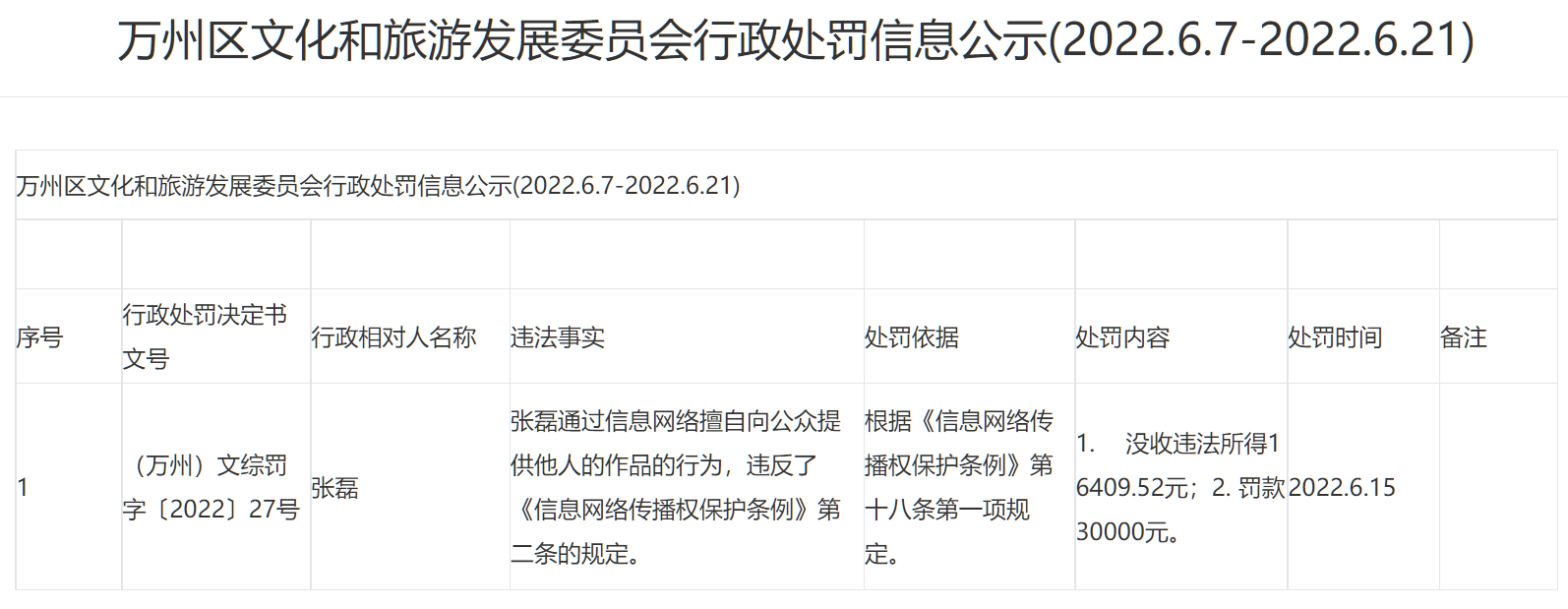Japanese manga publishing giants Shueisha, Kadowaka, Kodansha, and Shogakukan are on a mission to disrupt piracy in any way possible.
Late October 2021, a law firm acting for Shueisha filed an ex parte application at a California district court seeking discovery of information for use in a foreign proceeding.
In our initial report we listed several domains of interest to Shueisha, all with a common denominator – connections to huge manga piracy site MangaBank. At the time the site was enjoying an estimated 81 million visits per month, making it Japan’s 44th most popular site overall.
Soon after the publishing of our report, MangaBank went offline. The site’s operator informed TF that his platform had previously been subjected to a continuous ~50Gbps/s DDoS attack from an AS in Japan. MangaBank utilized Cloudflare at the time but the unknown attackers knew the IP address of the site’s backend server. Mangabank never came back online.
After Months of Silence, News From China
As early as March 2021, there were signs that MangaBank’s operator may have had connections to China. Under the country’s e-commerce laws, telecommunication companies and access providers can’t be compelled to disclose the identifying information of internet service users. That didn’t prevent the publishers from finding their target in the end.
In November 2021, Shueisha, Kodansha, Shogakukan and Kadokawa said they were preparing to file a criminal complaint against MangaBank’s operator. The publishers also received assistance from the Fukuoka Prefectural Police, who had previously worked on the infamous Mangamura case.
The investigation eventually led to MangaBank’s operator in Chongqing, China, and a request to Japan-based anti-piracy group CODA to use its office in China to take action.
MangaBank’s Configuration Ensured No Piracy in China
An interesting aspect of the case is that MangaBank reportedly utilized geo-blocking to ensure that the site could not be accessed in China. This meant that Chinese authorities could not confirm local copyright infringement, leading them to conclude that at least locally, “no actual infringement” took place. CODA didn’t give up.
“[W]hen CODA filed a petition for administrative punishment with the Chinese authorities based on a petition summarizing the enormous damage situation in Japan, its punishment and the importance of detection, and various information, it was accepted. It was done,” the anti-piracy group says.
MangaBank’s Operator Sentenced
According to China’s “Regulations on the Protection of the Right to Disseminate Information on the Information Network”, any organization or individual that makes another person’s work, performance, sound or video recording available to the public, must obtain permission from rightsholders first.
According to an announcement on the website of the People’s Government of Wanzhou District, Chongqing, MangaBank’s operator did not obtain the necessary permission so was found in breach of Article 2
“[His] behavior of providing the works of others to the public without authorization through the information network violates Article 2 of the Regulations on the Protection of the Right to Disseminate Information on the Information Network,” the announcement reads.
The administrative penalty handed down to MangaBank’s operator has two components – confiscation of illegal gains (16,409 yuan / $2,427) and a fine for violating the right of communication (30,000 yuan, approx $4,437) – a total of $6,864.
When compared to penalties handed down in similar cases elsewhere in the world, especially in the United States, the penalty seems rather low. However, the average annual pay for employees in urban areas of China in 2021 was 62,884 yuan, around $9,300.
CODA believes that the site caused considerably more damage than this penalty suggests. It says more time will now be spent to clarify the scale of the infringement and any means of recovery available to the rightsholders.






